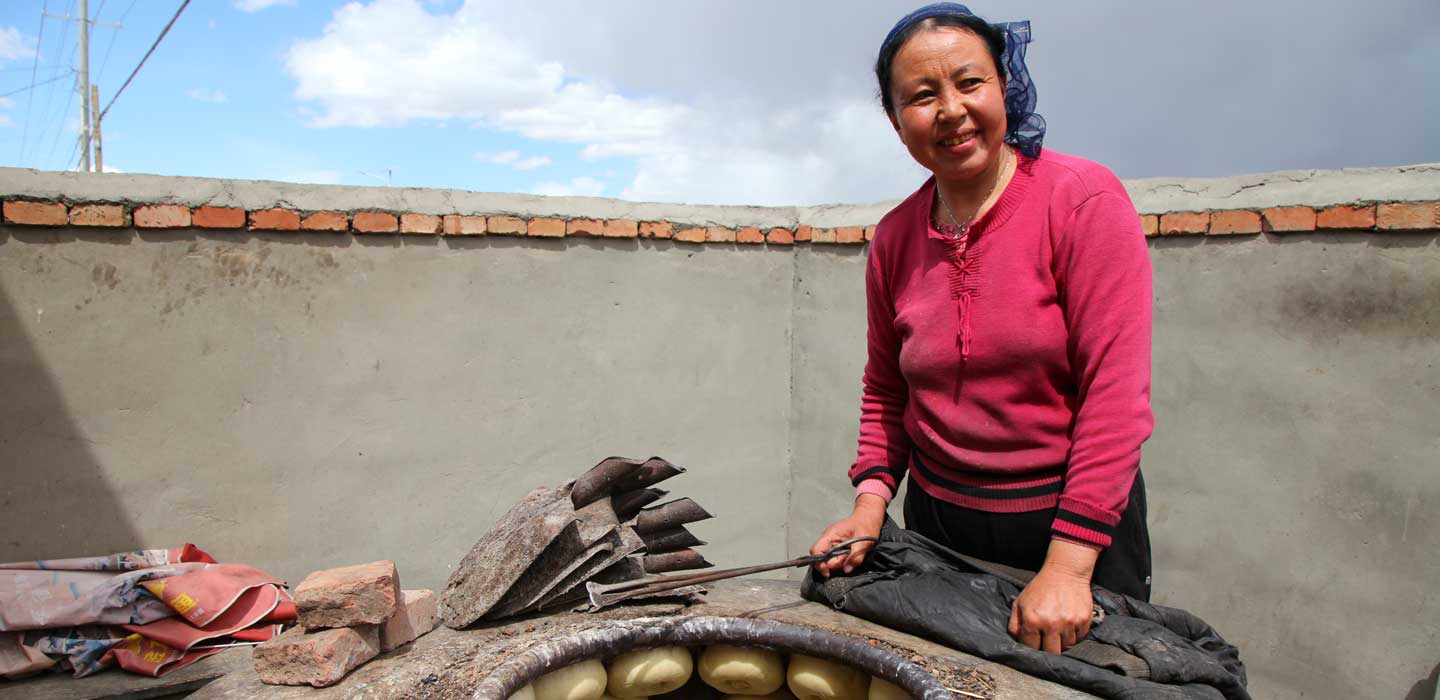Stories
Stories

Stories
Manual Submenu Topics
Search Results Filters
Search Results
Three innovative farming solutions made possible through South-South and Triangular Cooperation
The importance of the South-South and Triangular Cooperation and three ways it changed the lives of smallholder farmers.
Lasting traditions: How Dao healers are custodians of indigenous knowledge and the natural environment
In Viet Nam the Dao people treat ailments with local herbs, forest products and generational knowledge.
Rural people in crisis: The latest news from IFAD
Rural people are still paying the highest price for the rise in food, fertilizer and fuel costs. The Crisis Response Initiative was set up as part of IFAD's ongoing efforts to build rural people's resilience to these shocks. Here are selected highlights on the crisis from our teams in the field.
In Sierra Leone, social inclusion that leaves no one behind
In Sierra Leone, IFAD helps persons with disabilities overcome the challenges posed by the COVID-19 pandemic through farming.
Funding resilience in The Gambia
In The Gambia, the second phase of IFAD’s Rural Poor Stimulus Facility helps vulnerable communities get back on their feet after the COVID-19 pandemic.
An old crop for a new crisis: how cassava helped Samoans through the pandemic
Faced with the prospect of food insecurity during the COVID-19 pandemic, Samoans turned to an ancient staple to feed their families and communities.
Rising sea levels threaten Egypt's fertile plains in the Nile Delta
The Nile Delta is the breadbasket of Egypt, but climate change threatens agriculture here. IFAD is working to protect the land and improve the quality of previously infertile land. Sabrina Dhowre Elba, IFAD colleagues, and project coordinators and participants describe how this is changing people’s lives.
Here comes the sun: solar-powered irrigation brings crops back to life in Rwanda
In rural Rwanda, solar-powered irrigation gives women farmers a sustainable alternative to time-consuming and expensive manual and diesel-powered systems.
Indigenous Peoples are protecting biodiversity, one harvest at a time
To conserve biodiversity, Indigenous Peoples use centuries-old food systems anchored in sustainable practices and unique to their native ecosystems.